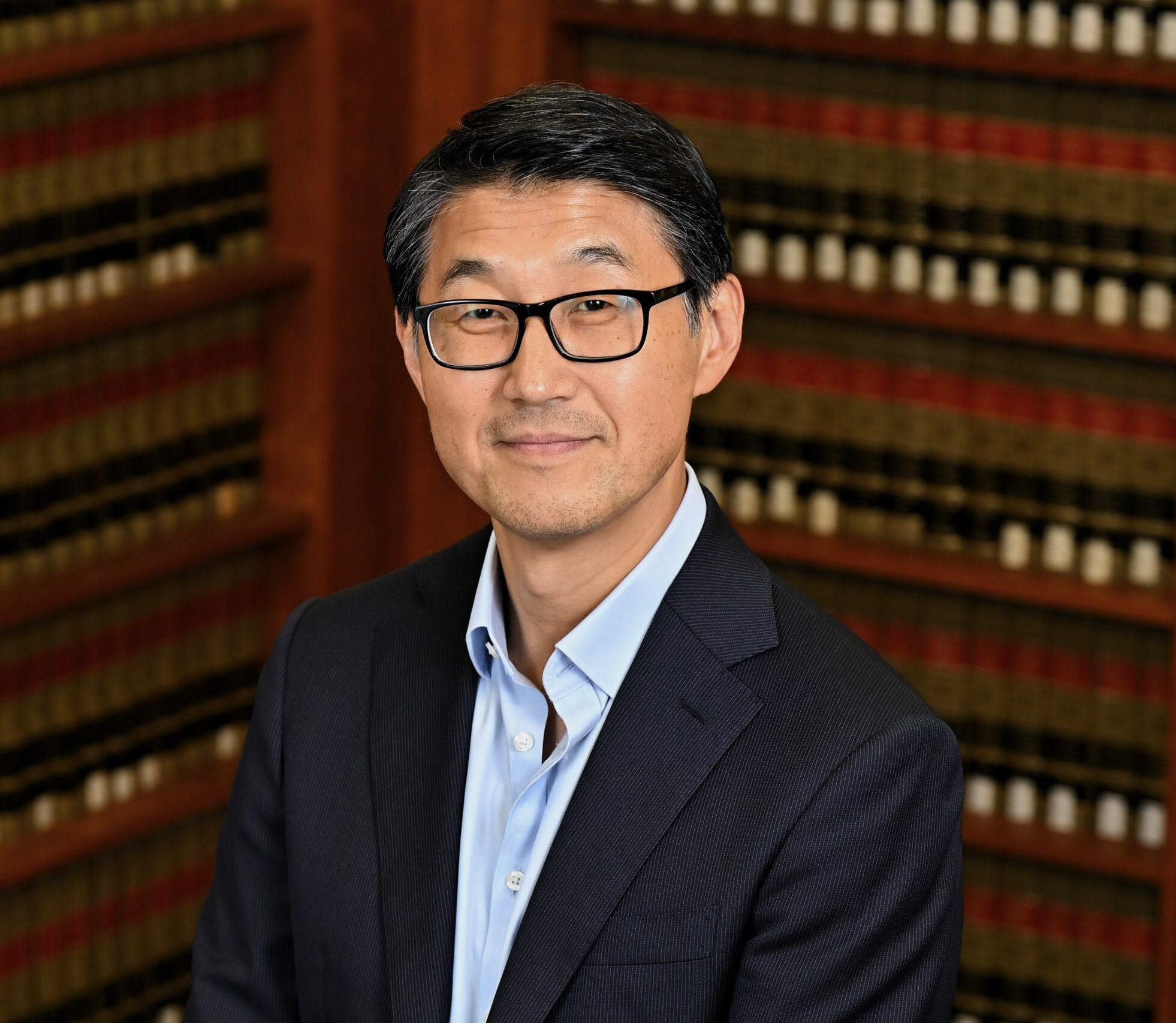Speaker Series: Jerry Kang

At a time when the Right attacks implicit bias as liberal propaganda and some on the Left dismiss it as a distraction from structural racism, this Article [to be discussed] offers a different take: implicit bias actually helps us see and respond to structural racism. It is a powerful diagnostic and prescriptive tool. Kang and Carbado argue that the supposed tension between individual and structural accounts of racial inequality is misguided. Implicit bias, Kang and Carbado contend, both reflects and reinforces structural racism. More than that, implicit bias education—when done right—can catalyze structural reform.
Part I begins with what most readers already know about implicit bias but then adds a surprising twist: when we aggregate individual bias scores across cities, counties, and states, we discover striking correlations with racial disparities in everything from health outcomes to police violence. This recent “structuralizing” of implicit bias data has escaped the attention of legal academics.
Part II tackles head-on the Left’s concern that implicit bias isn’t “structural enough.” Kang and Carbado agree that structural forces are primary and introduce the concept of “racial sedimentation” to make that point clear. However, they push back against the puzzling claim that implicit bias frameworks reinforce the “intentional discrimination” mindset that Critical Race Theory has long criticized and show that just the opposite is true.
Part III showcases how implicit bias education can advance structural reform in three important domains. Theoretically, it provides empirical support for Critical Race Theory’s claim that race is socially constructed. Practically, through what Kang and Carbado call the “Quadrants of Responsibility” framework, it motivates law firms to tackle structural barriers they’d otherwise write off as beyond their institutional responsibility and control. And doctrinally, it nudges courts to think more structurally about everything from capital punishment to jury selection. Kang and Carbado think this matters. By showing how implicit bias operates as both symptom and cause of structural racism, they offer a new way to understand—and do something about—America’s enduring racial hierarchy.
To register, contact Sophie Kofman at skofman@abfn.org.
To read the related paper for Professor Kang’s presentation, reach out to Sophie Kofman or Dianna Garzón.
Jerry Kang is the Ralph and Shirley Shapiro Distinguished Professor of Law at UCLA. He graduated magna cum laude from both Harvard College (physics) and Harvard Law School, where he was a supervising editor of the Harvard Law Review. After clerking for the Ninth Circuit Court of Appeals, he started his professorship at UCLA in 1995. A leading scholar on implicit bias, critical race studies, and communications law, Professor Kang collaborates broadly across disciplines and industries on scholarly, educational, and advocacy projects. An inspiring teacher, he has received UCLA’s highest recognition: the Eby Art of Teaching Distinguished Teaching Award. During 2015-20, he served as the UCLA’s Founding Vice Chancellor for Equity, Diversity and Inclusion.

